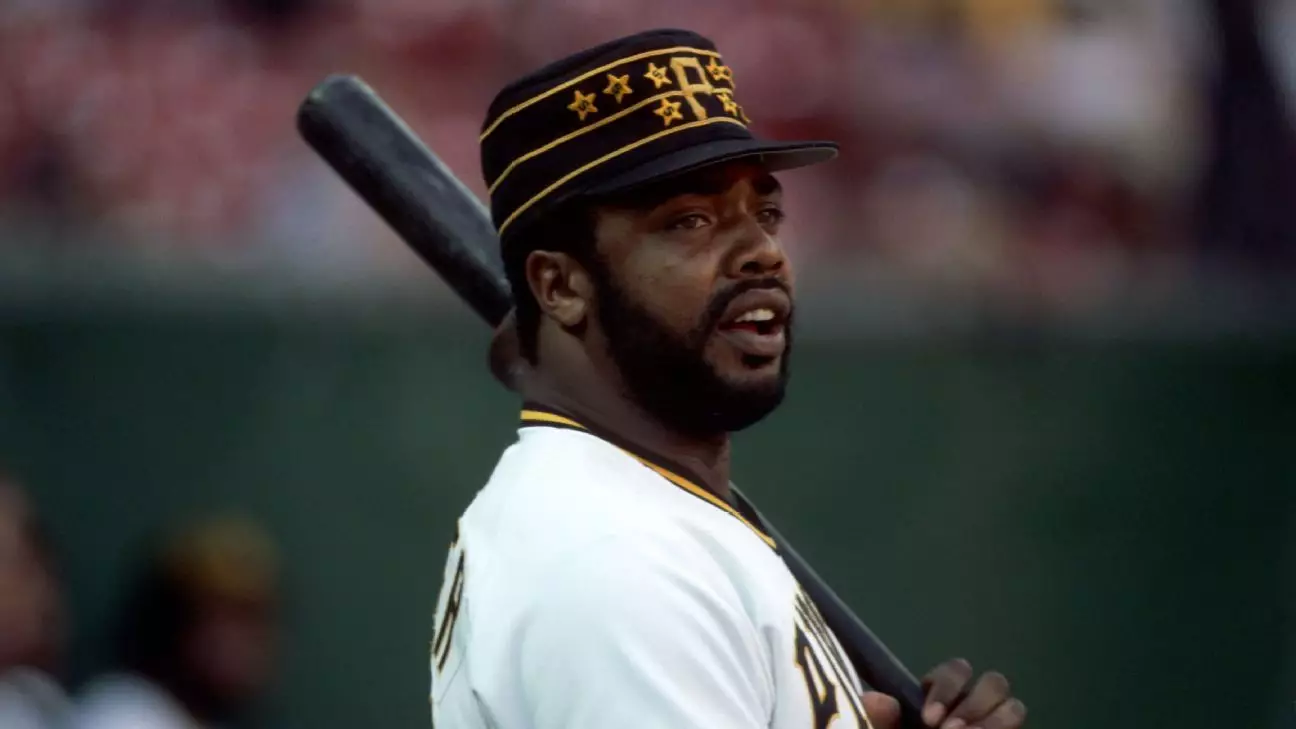The recent announcement declaring Dave Parker and Dick Allen as the latest inductees into the Baseball Hall of Fame is a momentous occasion. Both players, who had remarkable careers, not only left an indelible mark on their respective franchises—the Pittsburgh Pirates and the Philadelphia Phillies—but also resonated deeply with baseball fans around the world. This induction beckons a retrospective look at their careers, the context of their contributions, and the challenges they faced along the way.
Dave Parker, affectionately known as “The Cobra,” played from 1973 to 1991, during which he became synonymous with power hitting and remarkable defensive skills. His career statistics illustrate an impressive legacy: a .290 batting average, 339 home runs, and 1,493 RBIs. Parker’s career was particularly notable from 1975 to 1979 when he established himself as one of the premier players in baseball, clinching back-to-back batting titles and the coveted National League MVP award in 1978.
Parker’s contributions went beyond mere statistics. His powerful throwing arm was immortalized during the thrilling 1979 All-Star Game, where he made remarkable plays that turned heads. He won two World Series championships, one with the Pirates in 1979 and another with the Oakland Athletics in 1989, showcasing his ability to thrive in high-pressure situations. Despite facing challenges such as drug use, injuries, and weight issues throughout his career, Parker made a significant comeback in the 1980s, demonstrating resilience and dedication to the sport.
However, the path to Hall of Fame recognition was not straightforward for Parker. His candidacy was met with skepticism, as modern analytics did not favor his case significantly. With a career Wins Above Replacement (WAR) of 40.1, some evaluators questioned whether he truly belonged among the game’s elite. Nonetheless, his impressive counting stats and the legacy of his contributions ultimately led to a well-deserved induction. Parker remains a beloved figure, especially for fans who cherish his peak years in the late 1970s.
Dick Allen’s journey in Major League Baseball was marked by both brilliance on the field and adversity off of it. With a .292 batting average, 351 home runs, and 1,119 RBIs throughout his career from 1963 to 1977, Allen established himself as one of the most feared sluggers of his generation. His performance during his rookie year with the Phillies in 1964 was legendary; he hit .318 and led the National League in total bases and runs scored, foreshadowing the greatness that lay ahead.
Despite Allen’s undeniable talent, his career was marred by controversy. A five-time trade victim and a target of racial abuse, he endured immense pressure both in the minor leagues and as a Major League player. These experiences, while difficult, shaped Allen into an emblem of resilience. Throughout the late 1960s and early 1970s, he delivered top-tier performance numbers, leading his league on multiple occasions in key offensive categories like OPS and slugging percentage.
Modern baseball analytics have contributed to reevaluating Allen’s value as a Hall of Fame candidate. His adjusted OPS+ of 156 ranks among the highest in baseball history, underscoring his significant impact during an era marked by lower offensive output. Yet, like Parker, Allen faced hurdles in garnering Hall of Fame recognition through traditional voting methods. His career stats were sometimes scrutinized due to fewer than 2,000 hits, resulting in limited support from veteran and writers’ committees alike.
The selection process for induction into the Baseball Hall of Fame through the Classic Baseball Era Committee is rigorous. The committee, composed of a blend of Hall of Famers, executives, and media representatives, diligently reviewed a diverse array of candidates before finalizing their selections. Parker received 14 of the 16 votes, while Allen was honored with 13, a testament to their significant impact on the game.
As we await the induction ceremony on July 27, the celebration of Parker and Allen serves not only to acknowledge their storied careers but also to honor the contributions and struggles of many players who shaped the history of baseball. Their legacy reinforces the importance of recognizing talent beyond traditional metrics, embracing a broader narrative that includes resilience, courage, and the joy that they brought to fans.
The stories of Dave Parker and Dick Allen shine brightly in the annals of baseball history—reminding us that the path to greatness is often paved with both triumphs and trials.


Leave a Reply